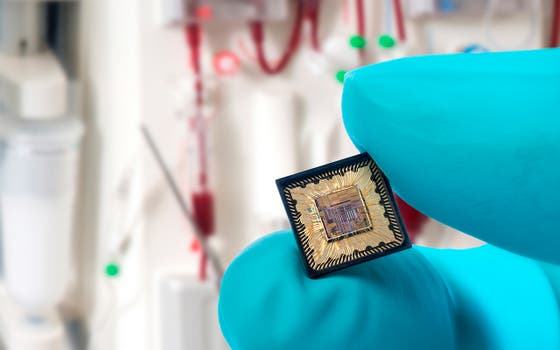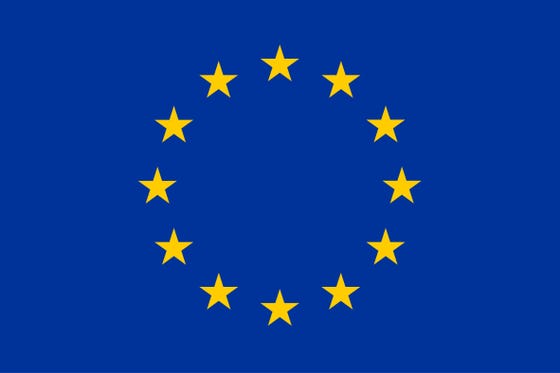EU funds consortium for technology towards the development of an artificial kidney

From bulky telephones, fax machines, cameras and radios to a smartphone that contains it all: technological advancements have revolutionized many aspects of our lives in the past fifty years. For kidney patients, however, life has remained the same in one major aspect: the dialysis treatment that they rely on for their survival. It’s time for this to change, as the growing prevalence of chronic kidney disease poses a heavy burden on patients’ lives, and, at €90K per patient per year, also a financial stress on an already straining European healthcare system.
In short, there is an urgent need for technological innovations to enhance patients’ lives and improve medical outcomes. A most promising route is to enhance the filtration techniques by combining nanotechnology and kidney cells.
Towards better alternatives for dialysis
Dubbed ‘Breakthrough Technologies for an Implantable Artificial Kidney’, a new research project – funded with 3.38 million Euros by the Horizon European Innovation Council (EIC) within the Pathfinder Open 2022 program – brings together EU scientists in the fields of clinical and regenerative nephrology (UMC Utrecht, NL), regenerative pharmacology (University Utrecht, NL), chip processing technology (imec), optical sensing (Optofluid Technologies OÜ, EE), blood compatible coatings (CNRS, FR), and membrane technology (Me-Sep, PL). In the next four years, they aim to develop ground-breaking technology that lays the foundation for an implantable bioartificial kidney. This would translate into improved kidney replacement therapy, without the need for immunosuppressive drugs, and at reduced costs.
At the crossroads of chip processing technology and biology
In the body, the kidneys purify blood via filtration and active secretion. So in the first step, the team aims to develop advanced membranes that allow blood filtration at normal blood pressure (without pumps). Then, a bioreactor (with special kidney cells on an advanced membrane) will be used for active secretion of bodily toxins and processing of the filtrate to create urine. Finally, at the end of the project, both pieces will be combined into a prototype bioartificial kidney.
An implantable bioartificial kidney should provide more effective, physiological, and economically sustainable therapy than the current standard of care: dialysis. The eco-friendliness of the proposed technology is in line with the EU Green Deal and highlighted by the European Kidney Health Alliance. In the interim, the technology from this project may also be used to support current treatment.
The consortium will be led by the University Medical Center Utrecht, the Netherlands.
This project has received funding from the European Union’s EIC Pathfinder Open 2022 programme under grant agreement No. 101099092

